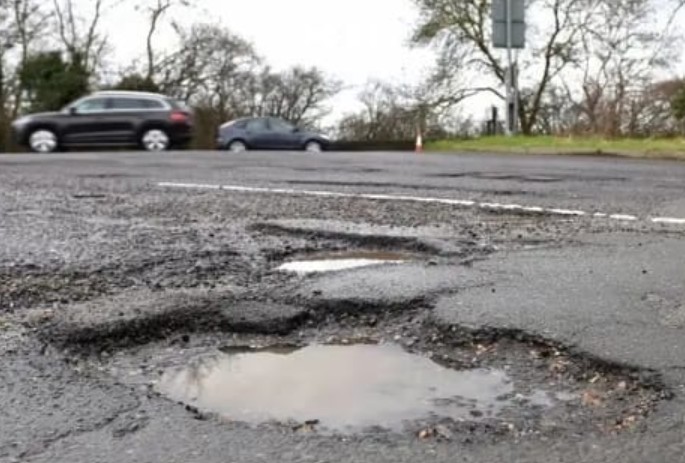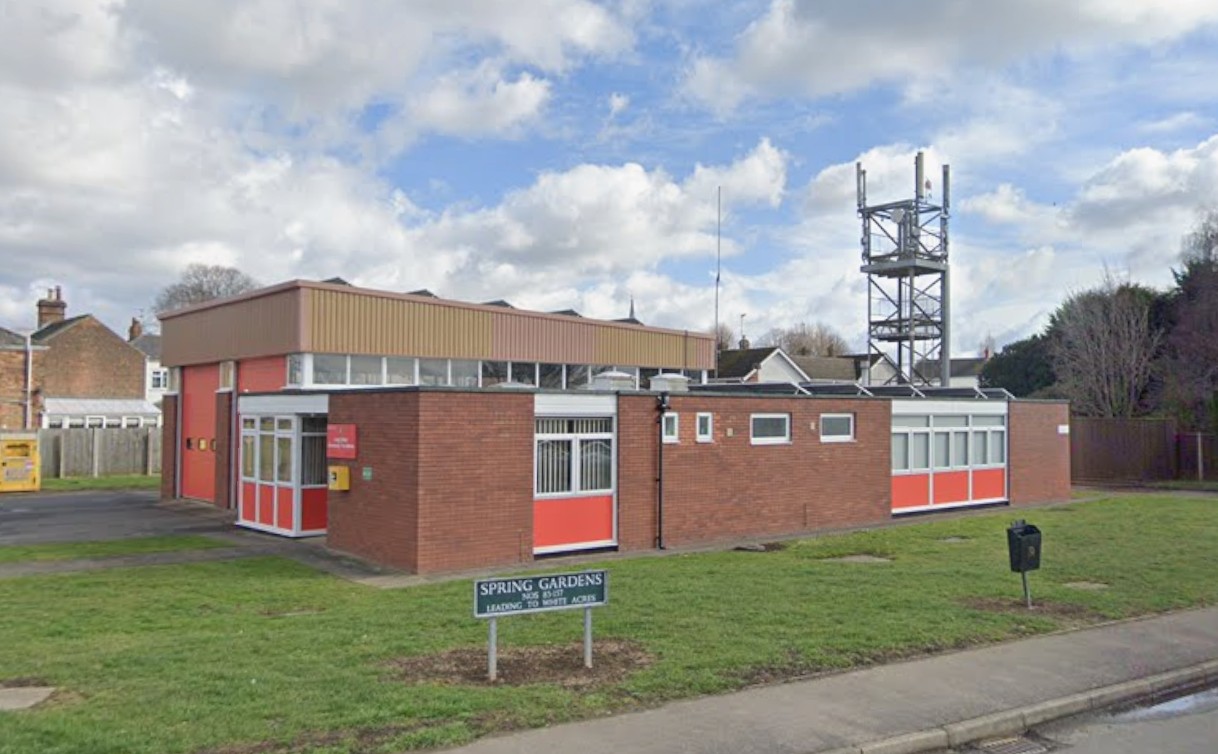Coun Foyster (letters, January 31) apparently has an incomplete understanding of the constitution of the UK, which is a disappointing in an elected representative.
He asserts that “Parliament needs to understand the British people are sovereign, not them.” The actual position is that the people are sovereign only in that they have the sole right to elect the House of Commons. It is parliament (properly defined as the Queen, the House of Lords, and the House of Commons together) that is sovereign in respect of making – or unmaking – laws. The Brexit business requires quite a bit of law making/unmaking.
Strictly speaking, the referendum was only advisory, since the people, en masse, don’t have the power to carry through what it involves. However, the two major parties had made certain promises beforehand on how they would take the result. They were dangerous promises, because – as has turned out – there is far more to it than the leave campaigners would have us believe.
As to the World Trade Organisation: The WTO came into being in 1994, when there was already a need for new trading rules as the immediate post-war ones grew rusty. In its nearly 25 years of existence, the WTO has not managed to make one new rule. Its other major responsibility is to arbitrate when there are trading disagreements between members. It has done pretty well at that, but that activity is now under threat, because the USA has long been unhappy with its functioning and is threatening to block the appointment of a new judge in about a year’s time. If that happens, it will block the arbitration process.
Incidentally, no existing member country of the WTO relies on just WTO membership. They all have access to a variety of multi-party agreements, which has the advantage of avoiding the worst of the WTO tariffs. The Common market is one of the best deals for its members.
In the same issue, Coun McLean wants to see us become the lowest tax business friendly country in Europe. I’m all for being business friendly, but we are, in fact, already one of the lowest taxed – so low that our public services, including the NHS, are in a very poor state. It’s interesting that higher taxed European countries can have better (20 or 25 per cent better) productivity than ours, and better public services.
If we go for the offer of even lower taxes, we can’t expect good public services too.
John Tippler
Spalding






